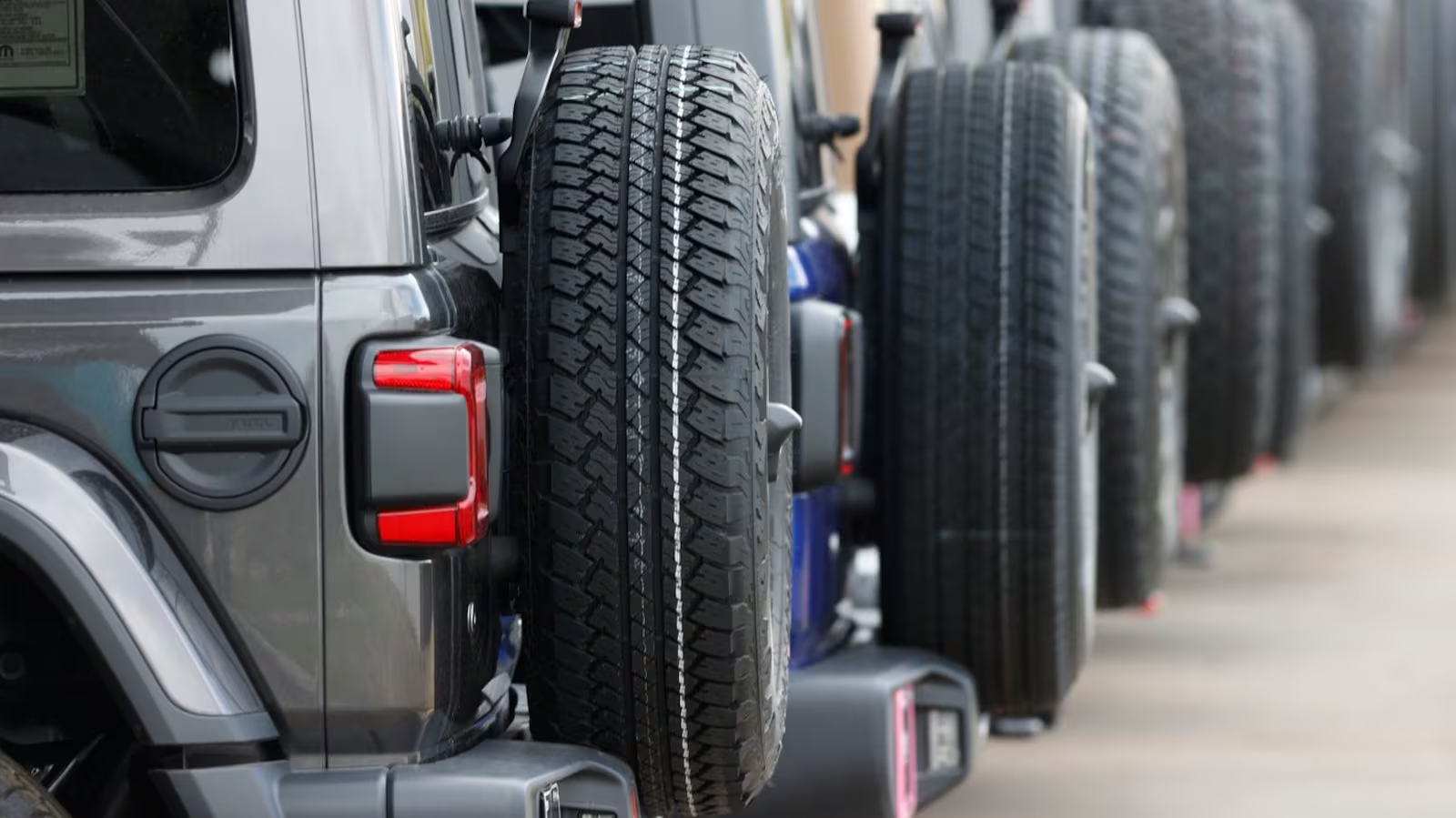Jeep Canada is recalling more than 20,000 plug-in hybrid vehicles due to a potential battery-related fire risk, joining a larger global recall that affects over 375,000 Jeeps worldwide.
The Canadian recall includes:
- Jeep Grand Cherokee 4xe (2022–2025) models, and
- Jeep Wrangler 4xe (2021–2025) models.
According to Transport Canada, the issue stems from a possible defect within the high-voltage battery that “can cause a fire, even while the vehicle is parked with the ignition off.”
Company Advises Owners to Stop Charging and Park Outdoors
Fiat Chrysler Automobiles (FCA), a subsidiary of Stellantis, has urged all affected owners to stop charging their vehicles immediately and to park them outdoors, away from other cars and buildings, until repairs are completed.
A fix is still under development. Stellantis says a remedy is “imminent” and that owners will be notified once service appointments can be scheduled.
An internal review prompted by customer data revealed at least 19 fires linked to the issue. The automaker noted that “vehicle risk is reduced when the battery charge level is depleted.”
Previous Repairs Deemed Ineffective
Transport Canada also warned that repairs conducted under similar Jeep recalls in November 2023 and September 2024 may not have resolved the issue, meaning a new round of repairs is required.
In total, 20,753 vehicles in Canada, 320,065 in the United States, and 34,891 in other markets are affected.
According to the Associated Press, there has been at least one injury potentially linked to the faulty battery fires.
What Owners Should Do
Jeep owners in Canada can check if their vehicle is part of this recall by entering their Vehicle Identification Number (VIN) on Transport Canada’s recall search tool or on Jeep’s official website.
Until repairs are made, owners are advised to:
- Avoid charging the hybrid battery,
- Park outdoors and away from structures, and
- Monitor for any recall notifications from Stellantis or Jeep Canada.
This latest recall underscores ongoing challenges for automakers as they expand hybrid and electric vehicle production — particularly with battery safety and thermal management systems.

